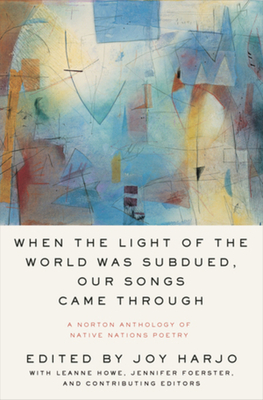I’ve not been writing as much as I’d hoped, but I have been reading and listening to poetry, and writing when I can. This is a derangement of a poem by Wordsworth, “On the Projected Kendal and Windermere Railway.”
Against the wrong protest, constantly voice
your strong torrents: winding, speaking, passing
dead hearts, if they be human. And of nature, romance
the beautiful peace and plead for rapture’s glance,
the traveler given pause at the forest’s head.
Seen in bright threat, baffled and thrown, random
fields admit the pattern, are lured by false utility
and scorn. Who bemoans the change, ruthless
and musty, endured by this blighted parish?
Blow hope to flowers, early and pure, kept busy
in the world of youth, sown in retirement.
Schemes assault the rash, secure in the ground
of English, naked then, railed away:
it is merely the wind, kindled on the project.





Jennifer, what is a derangement?
I think of derangement as a portmanteau of deranged arrangement. 😉 The technique is described by Carmen Giminez Smith, “An Exercise in Derangement,” in Wingbeats II: Exercises and Practice in Poetry, edited by Scott Wiggerman and David Meischen (p. 125).
You take a poem and transcribe it in reverse, word by word, line by line. This scrambles the original syntax and structure and opens up all kinds of other meanings and directions.
I play fast and loose with this idea: sometimes I reverse transcribe only lines or only words; sometimes I retain stanza structure; sometimes I use chunks of prose as the raw material – the possibilities are endless, really. It’s my go-to when I’m stuck or just don’t want to write. It’s such fun, I can’t help but get caught up. 🙂
What an amazing comment, Jennifer. OK, going to find that book right now!!!!!!!!!!!! Thank you for this!!!!!!!!!!
I’m so glad you asked! My other favorite technique from that book is the PoJack (p. 149). Have fun!
OK, I already got the book. No time yet to look at it, but I will keep that one in mind, too!